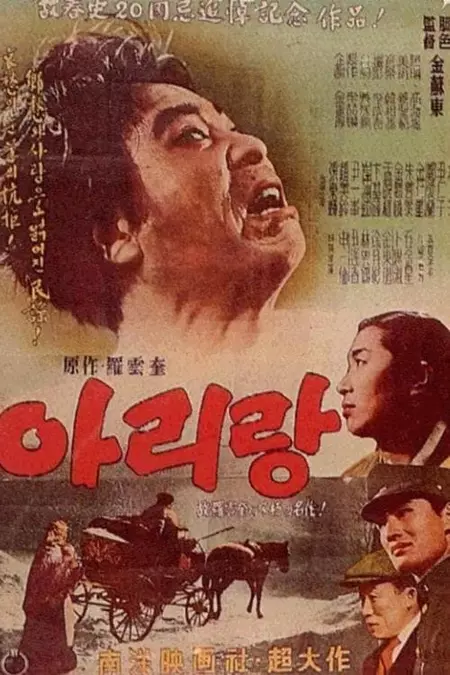Arirang (1926)
October 1, 1926Release Date
Plot.
The film concerns a student, Ch'oe Yeongjin, who has become mentally ill after being imprisoned and tortured by the Japanese for his involvement in the March 1, 1919 protest against the Japanese colonial rule.
Where to Watch.
No streaming offers found
Cast & Crew.
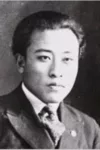
Woon-gyu Na
Ch'oe Yeong-jin / Director / Writer

Shin Il-seon

Myeong-seon Hong
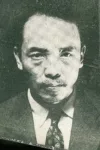
In-gyu Ju
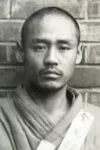
Tae-jin Kim
Yun Hyongu
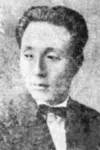
Gyu-seol Lee
(as Gyu-seol Li)

Gung-un Nam
Yun Hyongu

Kyôhei Katô
Director of Photography / Editor

Chang-seon Kim
Producer

Tada
Producer
Details.
Wiki.
Arirang (Korean: 아리랑) is a 1926 Korean silent film directed by Na Woon-gyu, who is also one of the main cast. It is regarded as one of the most influential films in Korean cinema history, as well as the first Korean nationalist film and a critique of the Japanese rule of Korea. It is named after the traditional song "Arirang," which audiences were said to sing at the conclusion of the film. Arirang is considered a lost film, but a written record of the plot still exists.

